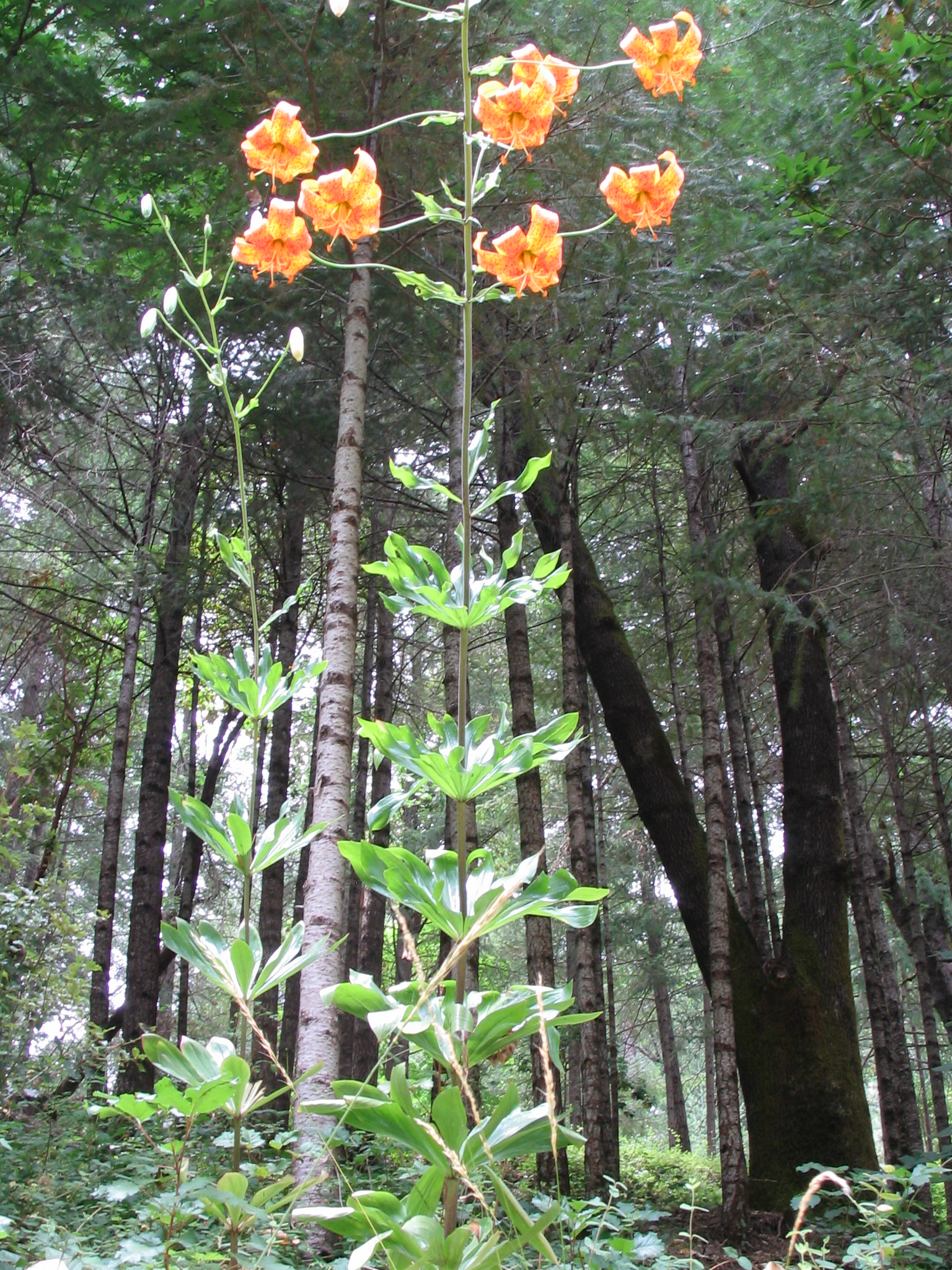
If these places we’re competition, we didn't notice. There was camaraderie of sorts that even included meetings together with The Peninsula Chapter of The California Association of Nurserymen. There were also the meetings held by another trade group, the 49’er association, which is the precursor of today’s Master Nursery Association. There was no drug testing back in those days. I can’t even imagine where they would have found workers if they did. The meetings we attended we’re “quite the scene”. However most of us survived, even if the nurseries we worked at didn't. I believe all of the above named nurseries with the exception of Golden Nursery, Half Moon Bay Nursery, and Tyler’s are gone. I left for inland California in the late 80’s and have lived here since. What’s the scene like there now? Is it just as active, only different? Do most shop for garden supplies at Home Depot and Lowe’s now?
The bedding plant department was dominated with very young seedlings and cuttings sold in small “6 packs”. Rarely we’re they blooming. I remember when the first “jumbo packs” with blooming flowers arrived. Those we’re for the impulse buyers, while the more serious gardeners bought the younger plants. Maybe it’s just my imagination, but it seemed these younger plants grew better, and bloomed longer? Does anyone other than “Annie’s Annuals” still produce these younger, non- chemically treated bedding plants’ anymore? Seems so many now are treated chemically, and breed to bloom younger, so as to sell and ride in the trucking racks better.
There was no organic gardening department. I will say this is one area I am glad to see now. We sold stuff that has long ago been banned, and for good reason. There was really just no other option at the time. Rodale’s was the only publication I can remember promoting organic gardening. We lived and breathed Sunset Magazine. Our Saturday meetings included an advance notice from them on what they would be publishing that month. That way we could handle all the questions we would get concerning some article in the magazine. Time magazine finally bought out the Lane family who had owned the publication for decades. Never was the same after that.
Monrovia Nursery was only located in Azuza, California. Their logo, which hung on every plant, was a man wearing a fedora, smoking a pipe. I would love to see if anyone still has one, or a picture of one. Customers would come in smoking pipes, cigars, or cigarettes. Shrubs and trees we’re gown in metal cans which we had to cut down the sides so they could be removed. “Would you like us to cut those cans open for you? Talk about a liability! I remember one customer cutting their hand and bleeding on the seat of their Bentley. We gave them a towel and band aid, and off they went. People didn't sue as often back then, or these things we’re handled out of court.
I don’t think things were better, or worse back then. It was just a different time and place. I do know we had lots of pride as nurserymen and women. Becoming a Certified Nurseryman was an honor, and at Christensen’s the uniforms we’re green and we had matching green pants. We looked like forest rangers, except for the long hair and ponytails on the guys. I thought we looked cool. I remember when we finally convinced our boss Jack Christensen to get with it, and allow us to wear shorts.
Never regretted my career choice. It is an honorable profession, and one that is even more important these days. I pretty much work by myself now, so interactions with fellow trades people is often only through The Internet. Since much of the above predates Silicon Valley, there is little recorded on The Internet concerning that general era in the nursery trade. I have connected with others after posting these history trips, so hence the purpose of my trip down memory lane today. It doesn't matter whether it was The Bay Area, or “across the pond” so to speak. How has the trade changed since you first became involved?








